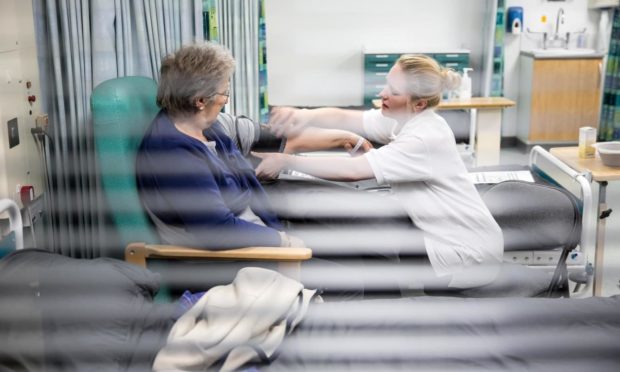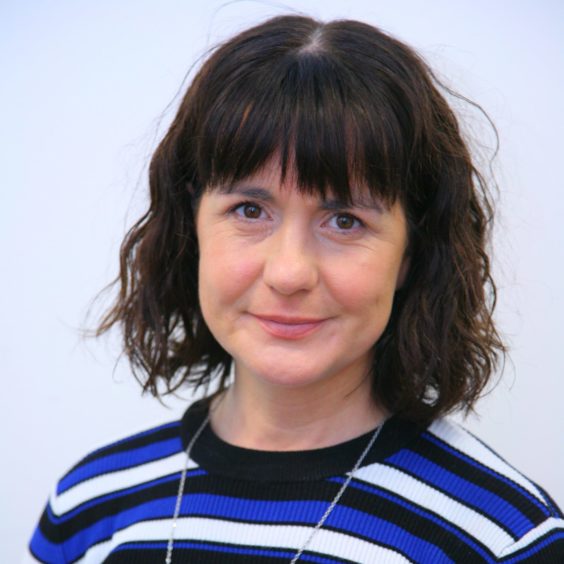The long-term effects of Covid-19 on NHS workers are to be explored in a £300,000 study.
Led by researchers at Robert Gordon University (RGU), it is one of nine Scottish Government-funded projects exploring the wider impact of the pandemic.
Due to their close proximity to patients, Scottish healthcare workers and their families have contributed to one-sixth of all Covid cases admitted to hospital.
The new study will explore the effect any long-term symptoms have had on the working and personal lives of NHS staff.
It will also examine their self-management strategies, how they used healthcare resources, and establish if any needs are not being fully met.
The two-year study is being led by RGU senior research fellows Aileen Grant and Nicola Torrance, with assistance from colleagues at Aberdeen and St Andrews universities.
Dr Grant said: “The findings will help to improve the support and care available to NHS staff affected by long Covid and ultimately inform policy, practice, and research recommendations, including NHS workforce planning needs.
“Health and social care services and health boards in Scotland are experiencing heightened staff shortages as a result of the pandemic, as staff respond expediently to changes in service delivery and accommodate for staff sickness and absence caused by either contracting the disease or having to self-isolate.
“Given the number of people reporting lasting and debilitating effects of Covid-19, this is of urgent importance to maintain services and support for the population of Scotland—and of critical consideration for NHS staff.”
Research on long Covid’s ‘degrees of incapacity’
The Scottish Government’s chief scientist office has allocated £2.5 million to nine different research projects examining long Covid.
In recent months there have been calls for specialist clinics to be set up in Scotland to help treat people with the condition, and a national register to count those affected.
Also known as Post-Covid-19 syndrome, it is estimated to affect around 2% of coronavirus patients who continue to feel the effects more than 90 days on.
In turn, they can develop other long-term health complaints.
Dr Torrance said: “Long Covid is the name patients gave to the more complex and debilitating symptoms that followed on from when they first contracted Covid-19.
“Most people’s symptoms resolve after a few weeks, however there is a growing body of evidence that the longer-term effects of Covid can affect multiple systems in the body, resulting in varying degrees of incapacity.
“Some people, whose initial symptoms were mild, may go on to develop lasting symptoms that have a detrimental impact on their quality of life, such as physical fatigue, shortness of breath, ‘brain fog’, heart, lung, kidney, and generalised pain are all among the reported signs and symptoms.
“In addition to having all these effects, doctors and other clinicians have described how their symptoms, and the accompanying prognostic uncertainty, had stripped them of confidence in their professional abilities.”












